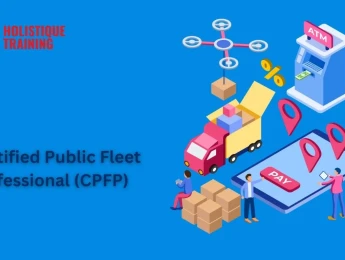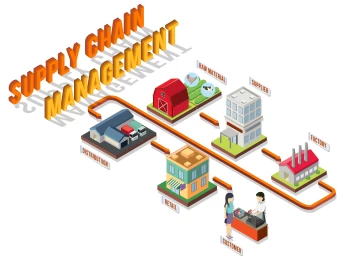An organisation is bound to be responsible for managing food waste to some degree when involved in any process in the food industry. Food waste management is a crucial process that allows food to be disposed of safely and healthily and is fully compliant with government regulations.
To ensure all waste is processed accordingly, organisations need to understand how to categorise foods, especially those that can pose a danger to health if not processed correctly, like meat and dairy. The disposal of these products must follow specific guidelines to ensure all safe products can be used and all waste is removed reasonably.
A large part of food waste management is reducing waste. Many methods can be used for this, including food-waste audits. Organisations can also turn to the community to help reduce waste by offering reduced costs on lower-appeal items, donating food surplus, and encouraging customers to buy undesirable products.
Upon completion of this course, participants will be able to:
- Understand the importance of effective food waste management within an organisation.
- Investigate laws and regulations surrounding food waste to ensure full compliance.
- Ensure all food waste practices are in alignment with environmental protection standards.
- Identify the stages and aspects of the food disposal process.
- Explore various strategies for reducing food waste through community engagement and sustainable practices.
- Assess the challenges faced within food waste management and how to navigate these.
- Conduct food waste audits to understand the different aspects of food waste, including the primary food being wasted and amounts.
This course is designed for anyone within an organisation responsible for waste management. It would be most beneficial for:
- Sustainability Officers
- HSE Officers
- Operations Managers
- Waste Managers
- Food Recycling Directors
- Food Waste and Composting Managers
- Senior Food Loss Consultants
This course uses a variety of adult learning styles to aid full understanding and comprehension. Participants will review real-world examples of organisations that process food waste to highlight key methods and potential areas for reducing food loss.
To ensure the participants gain a thorough understanding of the taught content, they will participate in a variety of learning exercises, including presentations, group discussions, video materials, and practical activities. This combination of methods allows the participants to comprehend the knowledge and fully practise any relevant practical skills.
Day 5 of each course is reserved for a Q&A session, which may occur off-site. For 10-day courses, this also applies to day 10
Section 1: Fundamentals of Food Waste Management
- Defining what food waste management is, its necessity and importance within an organisation.
- Exploring the internal and external influences of food waste and how to mitigate negative influences.
- Identifying the different aspects of the food disposal process and their purpose and standards.
- Typical systems to aid in the process of food disposal and overall waste management.
Section 2: Meat and Dairy Processing
- Reviewing legislation and guidelines detailing the process of disposing of meat and dairy.
- What meats must be removed from the food supply chain and the ideal way to dispose of these.
- Ensuring all meat and dairy products are correctly labelled.
- Following meat categorises to ensure all products are processed and used accordingly and understanding why some parts are not deemed as waste.
Section 3: Retail Operations
- Understanding guidelines for disposing food waste within a retail setting.
- Utilising various methods to measure food waste and reporting the numbers accordingly effectively.
- Documenting food waste and food surplus separately, the period of time and the amount.
- Defining food inventory and the percentage of sold food in comparison to waste.
- Creating a food waste reduction roadmap to evaluate areas of significant waste and how to reduce them.
Section 4: Waste Collection
- Separating food waste and arranging for the correct disposal method.
- Identifying the ideal methods of disposing of different types of foods.
- Conducting food-waste audits to gather in-depth and accurate data on food waste.
- Comparing the advantages and disadvantages of food waste audits and potential alternative methods.
- Adhering to the administration requirements of waste collection.
Section 5: Sustainable Waste Management
- Reducing waste through sustainable practices.
- Engaging with communities and encouraging individuals to buy from local farmers selling undesirable produce.
- Donating food surplus to charities or local communities.
- Going the extra mile to find more appropriate methods of storing food to preserve items for longer.
Upon successful completion of this training course, delegates will be awarded a Holistique Training Certificate of Completion. For those who attend and complete the online training course, a Holistique Training e-Certificate will be provided.
Holistique Training Certificates are accredited by the British Assessment Council (BAC) and The CPD Certification Service (CPD), and are certified under ISO 9001, ISO 21001, and ISO 29993 standards.
CPD credits for this course are granted by our Certificates and will be reflected on the Holistique Training Certificate of Completion. In accordance with the standards of The CPD Certification Service, one CPD credit is awarded per hour of course attendance. A maximum of 50 CPD credits can be claimed for any single course we currently offer.
- Course Code IND10-106
- Course Format Classroom, Online,
- Duration 5 days














